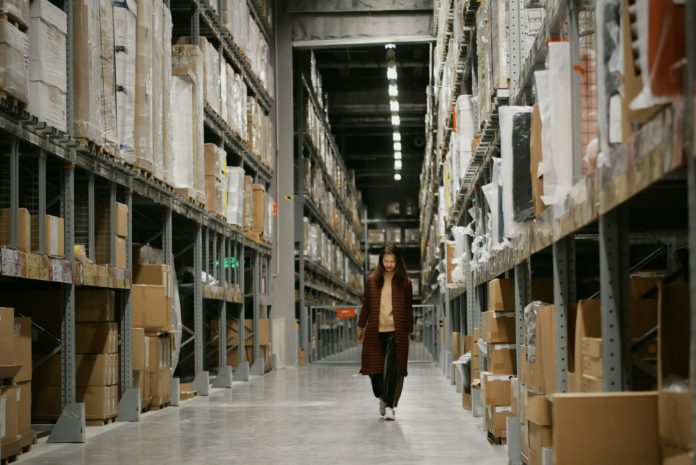For businesses of any size, working with suppliers is crucial to operationalising sustainability and delivering on your strategy. This means scrutinising your supply chain and making sure that your sustainability vision and practices are aligned. Of course, big businesses will have more clout than smaller ones to make “demands” from their suppliers. But don’t let that stop you asking the right questions, as slowly but surely you will be pushing them in the right direction.
Here are a few tips to get you started:
Incorporate sustainability into your tender process:
When going to tender or sourcing new suppliers, let them know that sustainability is important to your business and ask them how they can contribute to your goals. This sends a clear message about the standard of suppliers you want to work with, putting sustainability at the heart of your relationship. Once you have selected your supplier, you can then incorporate sustainability criteria or targets into your contracts to ensure that they deliver on their commitments and know that you are monitoring them. This is commonplace in large organisations and public service tenders, who are requesting emissions reduction targets across their supply chains.
Put in place a systematic evaluation process:
An evaluation procedure will give you and your team consistency in selecting and reviewing your suppliers. This could be as simple as putting together a checklist or a script.
It will also enable you to track their progress and determine whether their long-term vision aligns with yours. It will soon become apparent which suppliers you want to work with, which ones you feel you could put a bit more effort into convincing them to go green and which ones you should just let go.
Going through every single supplier might not be an option for you if you are a small business, so start off by tackling your biggest suppliers, maybe based on purchase volumes or spend threshold.
In practice, you could pick some key criterion to rate them on (waste, energy, transport, employee health and safety, working conditions etc) and make your own assessment to be reviewed annually. Try putting in place a spreadsheet listing all your suppliers with a traffic light colour-coded scoring system.
What should you be asking your suppliers?
- First things first, do they have a sustainability strategy? Ask them to provide you with their sustainability policy or Environmental Management System and review their progress annually.
- Do they have relevant accreditations from an external body to meet your selection criteria or are they working towards accreditation? These could be industry-specific or ISO accreditations for example.
- Have they made any commitments or pledges, i.e. net zero targets?
What if your suppliers don’t have a sustainability policy?
You may find that smaller businesses do not have one. In that case, just starting the conversation goes a long way. Offer them support or advice, even if simply by sharing best practices and what you have learnt in your business so far. Time and resources are precious commodities for small businesses, so whilst working on a one-to-one basis with your main suppliers would be ideal, you could also consider inviting suppliers to a group workshop to help them get their policy underway. Give them a reasonable time frame to put their sustainability policy in place; as you may already know, this takes time.
As a small business, making changes across your supply chain can be slow and at times frustrating, with scope 3 being a huge challenge for any business. But it is also an opportunity to nurture your relationship with your suppliers and work jointly on some sustainability challenges. One thing is for sure, together you can make more of an impact than alone.
Written by Fleur Record Smith and edited by Rania Al-Baroudi Wharton



